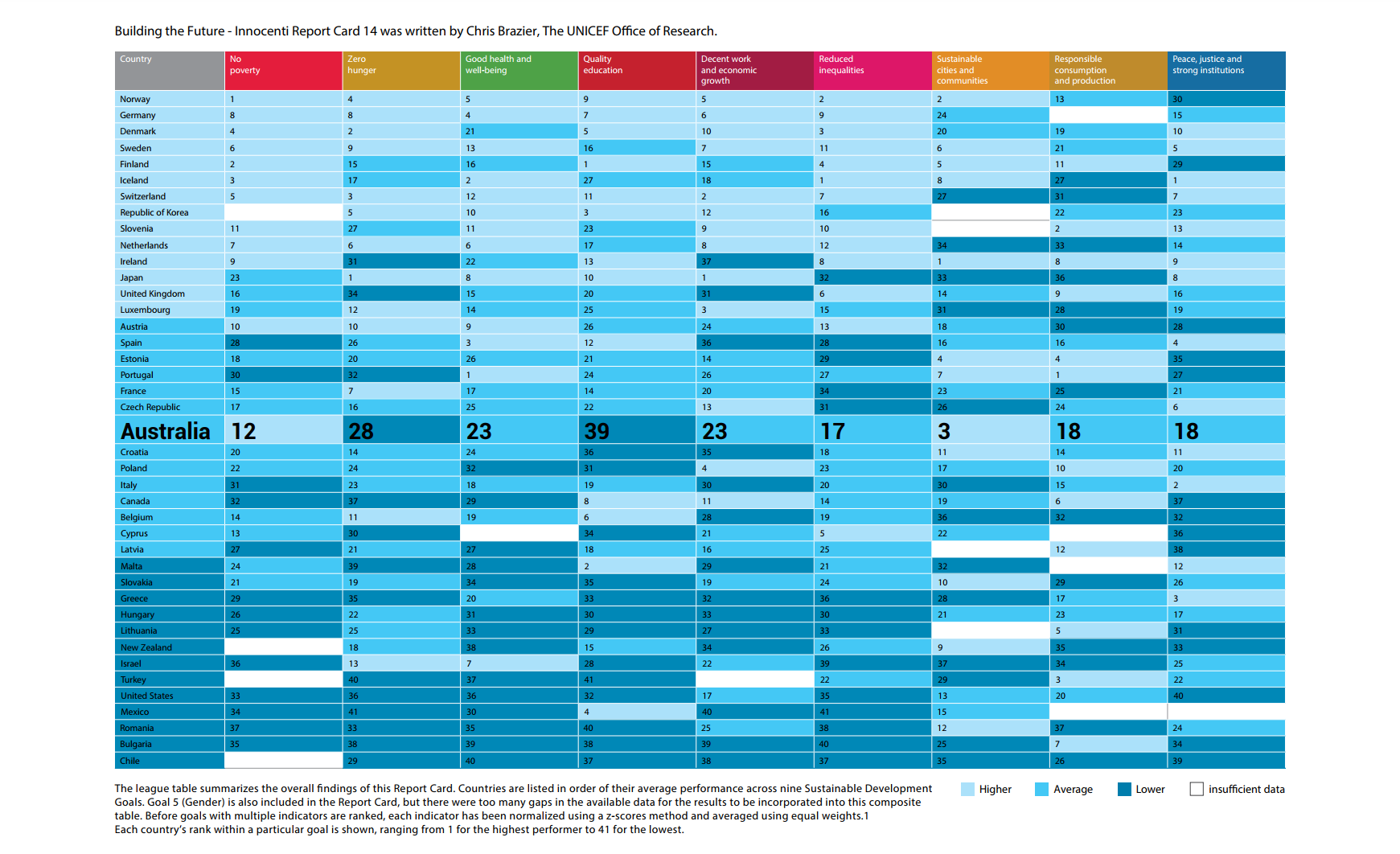Jobs are changing. New entrants to the Australian job market are finding it increasingly difficult to apply their education in the real world. They now have to compete on a global scale. It’s no longer the environment of their parents.
“Employers are both expecting and paying a premium for transferrable enterprise skills in entry-level roles,” according to the latest report published by The Foundation for Young Australians (FYA).
So, are we properly preparing students for this evolving job market?
Some people believe that Australian students are missing the mark. Australia was ranked 39 out of 41 high-income countries in ensuring quality education, in the latest international report card from The United Nations Children’s Fund (UNICEF). Only Romania and Turkey were ranked below Australia, according to the report card.

In fact, research has shown that students achievement trends have been declining, according to the latest The Programme for International Student Assessment (PISA), conducted in 2015. The next PISA is set to be published this year.
FYA highlighted key areas of student learning that need to be reinforced to get students ready for the changing job market. These areas included critical thinking, entrepreneurial skills, having “portable skills”, and early career experience.
“Among Australia’s 15 year-olds, 27% demonstrated low proficiency in digital literacy, 35% demonstrated low proficiency in problem-solving, 29% demonstrated low proficiency in financial literacy”,
according to another report published by FYA, which analyses which skills will be important by the time current high school students enter the workforce.
Organisations are holding tight to see if educational institutions will adapt to this changing work environment.
What is your take on the state of new entrants to the job market? We’d like to hear your thoughts on what will be most important to students in the future.
Written by Stephanie Holland, The Grand Student Survey Team.